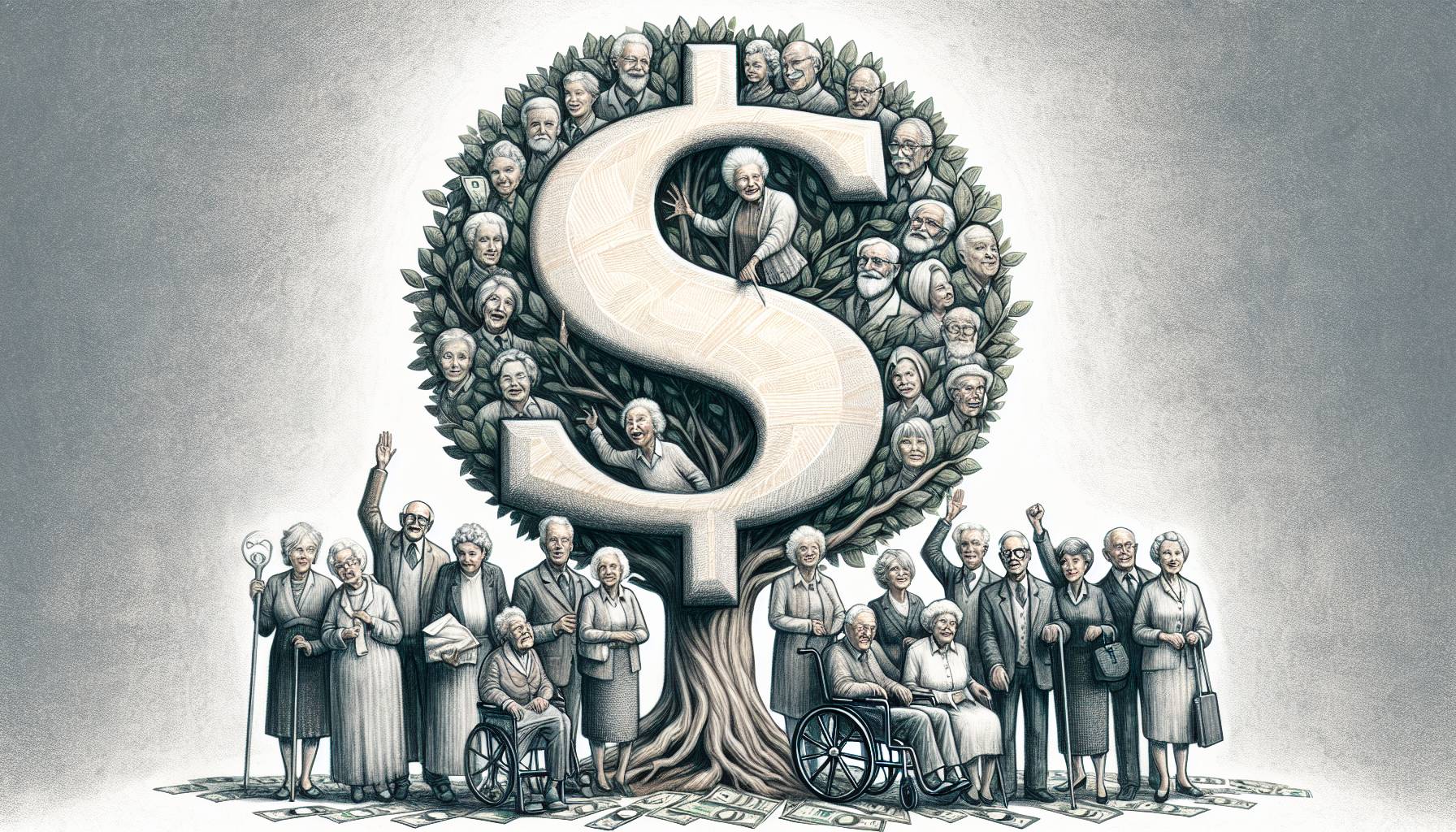GOP strategists and pollsters anticipate that the criminal trials involving former President Trump will cause internal divisions within the party, complicating the situation for Republican Senate and House candidates. These candidates need to address this issue cautiously, as Trump’s legal troubles and his mounting conflict with the Department of Justice are expected to be prominent in GOP primaries in 2022. To tackle these challenges, Republicans must find a careful balance in their messaging, attracting both Trump’s dedicated base and those moderate party members who prefer to distance themselves from the controversy. Strategists recommend concentrating on unifying issues like the economy and national security while tackling Trump’s legal situation in a more restrained manner.
Particularly, Republicans competing in swing states and districts have to separate themselves from Trump’s legal problems to appeal to independent and college-educated women voters, who have been distancing themselves from the party. Noted Republican pollster Whit Ayres notes that Trump faces “major challenges, especially among college-educated women.” At the same time, candidates have to avoid alienating Trump’s core supporters, accounting for an estimated 30 to 40 percent of the GOP electorate. To maintain this delicate balance, Republican candidates might need to emphasize policy issues and values that appeal to both college-educated women and Trump’s loyal base, while carefully steering clear of the legal complications surrounding the former president. This strategy might include emphasizing fiscal responsibility, limited government, and national security; as well as showcasing the party’s commitment to creating job opportunities and fostering economic growth for all Americans.
Wisconsin Republican strategist Brandon Scholz observes that this fragile balancing act may lead to a divided messaging approach concerning Trump within the party. Despite his numerous legal battles—both criminal and civil—Trump remains a crucial figure in the GOP primary race. On one hand, the party has to distance itself from Trump’s disputes while at the same time capitalize on his passionate supporter base to achieve victories in the primaries. It is uncertain how this internal struggle might affect the Republicans’ overall chances in electoral campaigns and whether it will open the door for new leadership.
Recent polls indicate that Trump has a 38-point lead over his closest competitor, Florida Governor Ron DeSantis. This sizable lead emphasizes the continuing popularity of the former president among Republican voters. It is uncertain whether this margin will endure or if new challengers will emerge to contest Trump’s supremacy as the 2024 presidential election approaches.
Additionally, as Trump’s court appearances are projected to coincide with primary election dates, Senate and House candidates may be competing with the former President in some states. This may lead to divided voter attention as well as candidates having to shape their campaigns around Trump’s legal proceedings. Further, media coverage of Trump’s court appearances could potentially overshadow these primary elections, making it difficult for candidates to effectively convey their message and platform to voters.
Trump’s Manhattan trial regarding felony charges related to hush money payments is set to begin on March 25, while his South Florida trial concerning criminal charges for mishandling classified documents at Mar-a-Lago is scheduled for May. Expect intense public and media scrutiny on these trials, as they may offer a clearer view of the former president’s actions. It is vital for the justice system to uphold transparency and impartiality to guarantee a fair trial for all parties involved.
Moreover, Special Counsel Jack Smith has requested a “speedy trial” for Trump in Washington, D.C.’s district court concerning four criminal charges connected to the events of January 6th. In a bid to hasten the legal process, Smith cites public interest as a key reason for his request for an accelerated trial. The four criminal charges hold significant implications as they underscore the ongoing investigation into the consequences of the unprecedented Capitol Hill riot.
Frequently Asked Questions
How do Trump-related criminal trials affect Republican candidates for Senate and House races?
The trials and legal issues involving former President Trump may lead to internal divisions within the party, making it difficult for Republican candidates to navigate their messaging. They need to both appeal to Trump’s loyal base and moderate party members, as well as independent and college-educated women voters who may be distancing themselves from the controversy.
What strategy should Republicans follow to maintain a delicate balance in their messaging?
Republican candidates should concentrate on unifying issues like the economy and national security, while addressing Trump’s legal issues in a more restrained manner. They should emphasize fiscal responsibility, limited government, and national security while showcasing their commitment to job creation and economic growth for all Americans.
How might Trump’s legal troubles affect voter attention and media coverage during the GOP primaries?
Some Senate and House candidates may have to compete with Trump’s court appearances for voter attention and media coverage, which may lead to their messages and platforms being overshadowed. Candidates may also need to shape their campaigns around Trump’s legal proceedings.
When are Trump’s trials scheduled and what do they involve?
Trump’s Manhattan trial, regarding felony charges related to hush money payments, is set to begin on March 25. His South Florida trial, concerning criminal charges for mishandling classified documents at Mar-a-Lago, is scheduled for May. Additionally, Special Counsel Jack Smith has requested a “speedy trial” in Washington, D.C. for four criminal charges related to the events of January 6th.
What is the significance of Trump’s lead in recent polls?
Recent polls show Trump with a 38-point lead over his closest competitor, Florida Governor Ron DeSantis, emphasizing his continuing popularity among Republican voters. It remains uncertain whether this margin will endure or if new challengers will emerge over time.
First Reported on: thehill.com













